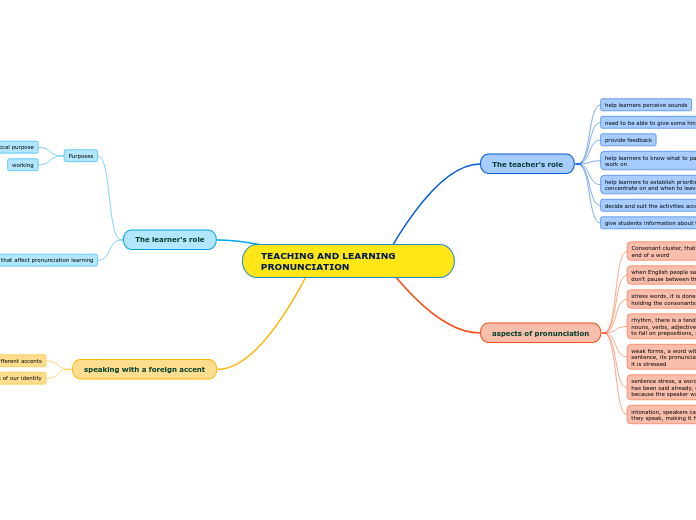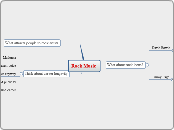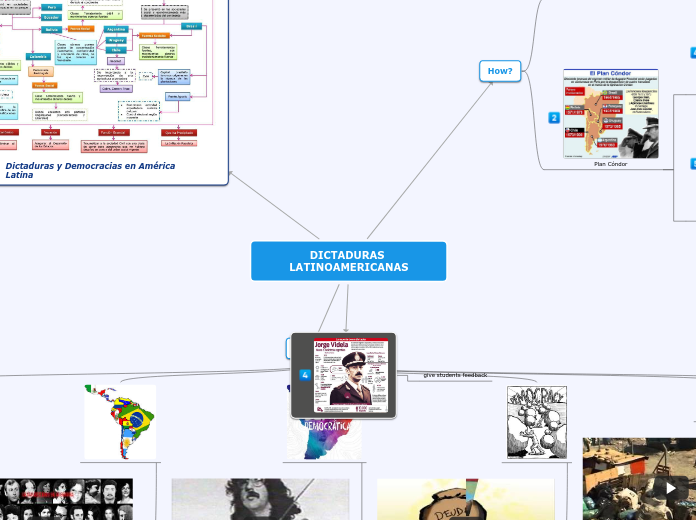af Patricia Jourdan 4 år siden
262
TEACHING AND LEARNING PRONUNCIATION
Effective teaching and learning of pronunciation involve various roles and responsibilities for both teachers and learners. Teachers play a crucial role by helping learners perceive sounds, providing hints, feedback, and information about their progress.









